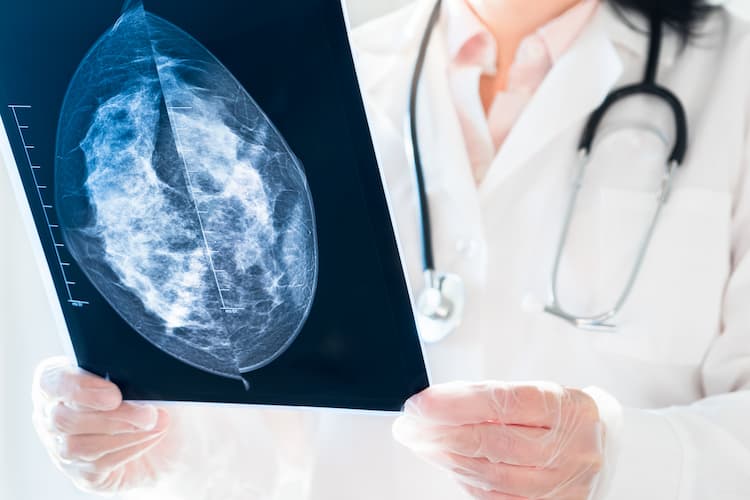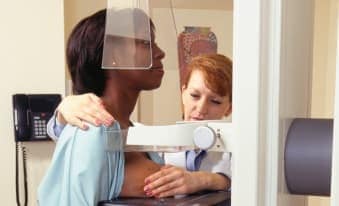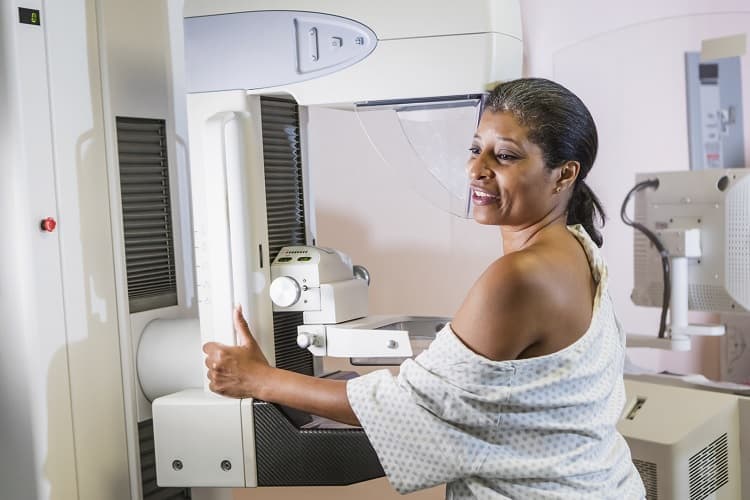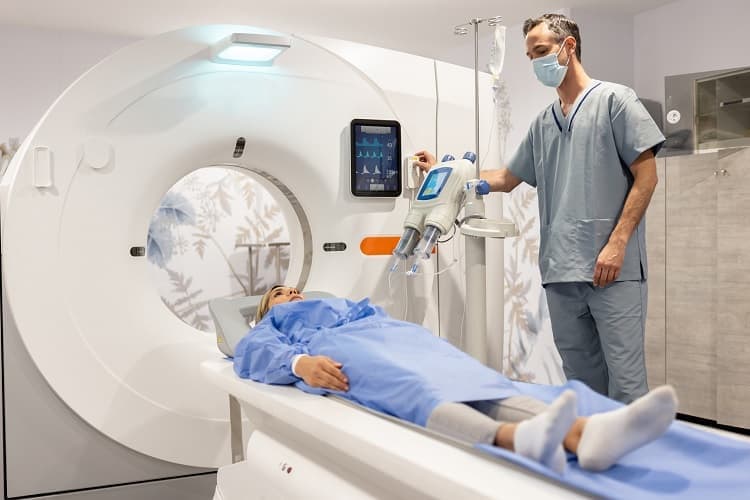Basic Information About Breast Cancer
Cancer is a disease in which cells in the body grow out of control. Except for skin cancer, breast cancer is the most common cancer in women in the United States. Deaths from breast cancer have declined over time, but breast cancer remains the second leading cause of cancer death among women overall and the leading cause of cancer death among Hispanic women.
Each year in the United States, about 240,000 cases of breast cancer are diagnosed in women and about 2,100 in men. About 42,000 women and 500 men in the U.S. die each year from breast cancer. Black women have a higher rate of death from breast cancer than all other women.
Breast cancer is a disease in which cells in the breast grow out of control. There are different kinds of breast cancer.
Different people have different symptoms of breast cancer. Some people do not have symptoms at all. See a list of possible symptoms.
Studies have shown that your risk for breast cancer is due to a combination of factors. The main factors that influence your risk include being a woman and getting older.
Many factors over the course of a lifetime can influence your breast cancer risk. You can’t change some factors, such as getting older or your family history, but you can help lower your risk of breast cancer by taking care of your health.
Breast cancer screening means checking a woman’s breasts for cancer before there are signs or symptoms of the disease. All women need to be informed by their health care provider about the best screening options for them.
A mammogram is an X-ray picture of the breast. Doctors use a mammogram to look for early signs of breast cancer. Regular mammograms are the best tests doctors have to find breast cancer early.
A mammogram shows how dense your breasts are. When you get the results of your mammogram, you may also be told if your breasts have low or high density.
Doctors often use additional tests to find or diagnose breast cancer. They may refer women to a breast specialist or a surgeon.
Doctors often use additional tests to find or diagnose breast cancer. They may refer women to a breast specialist or a surgeon.








